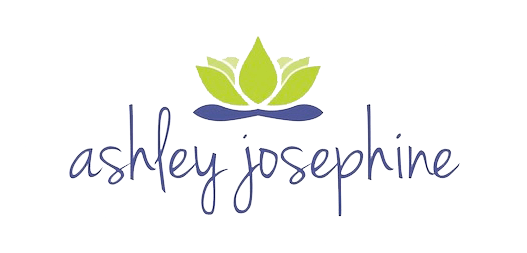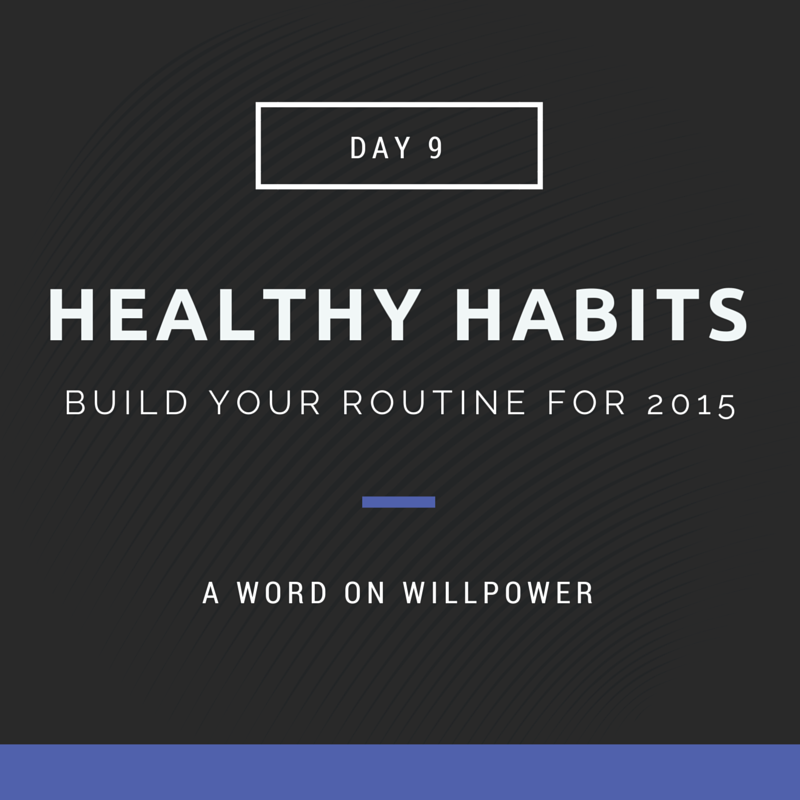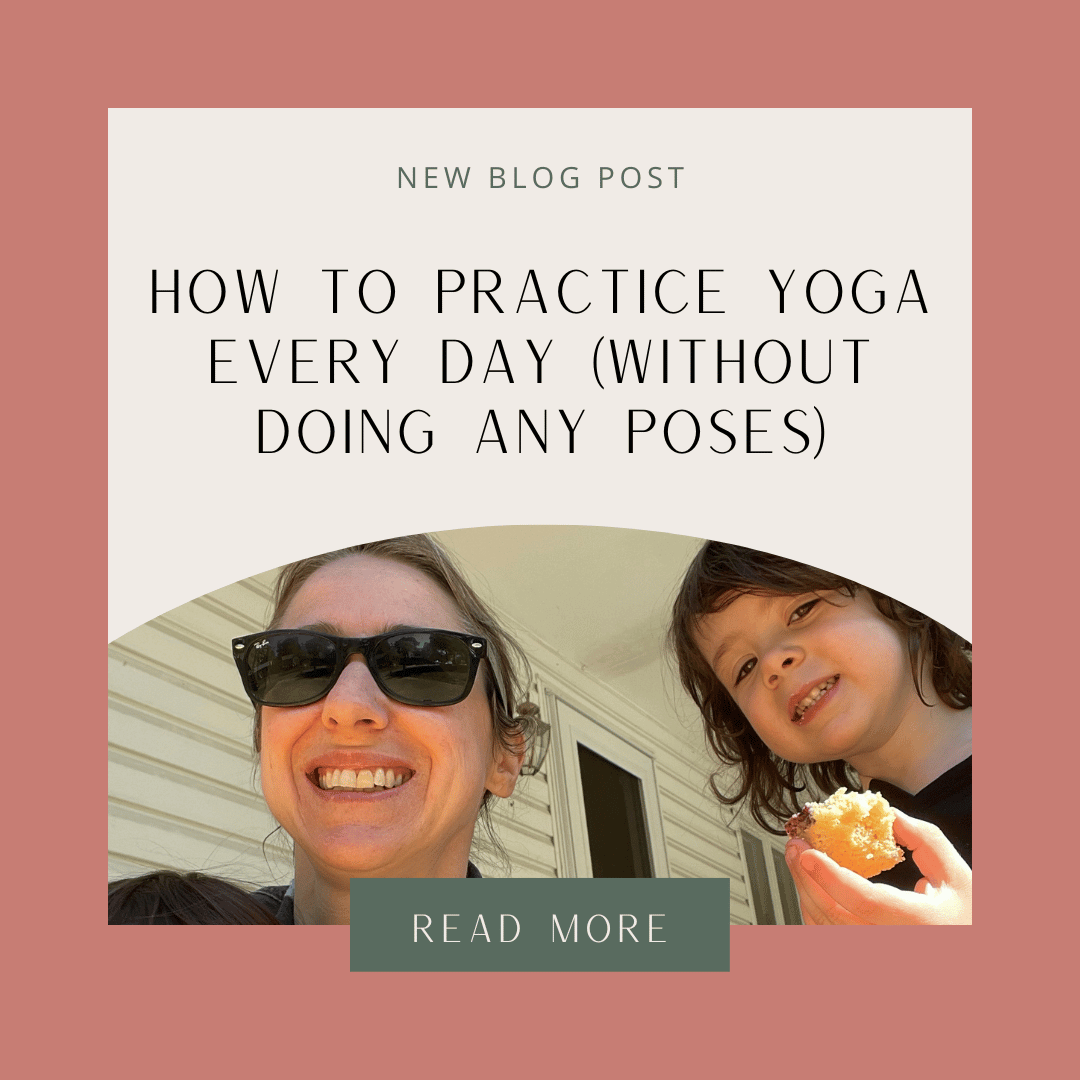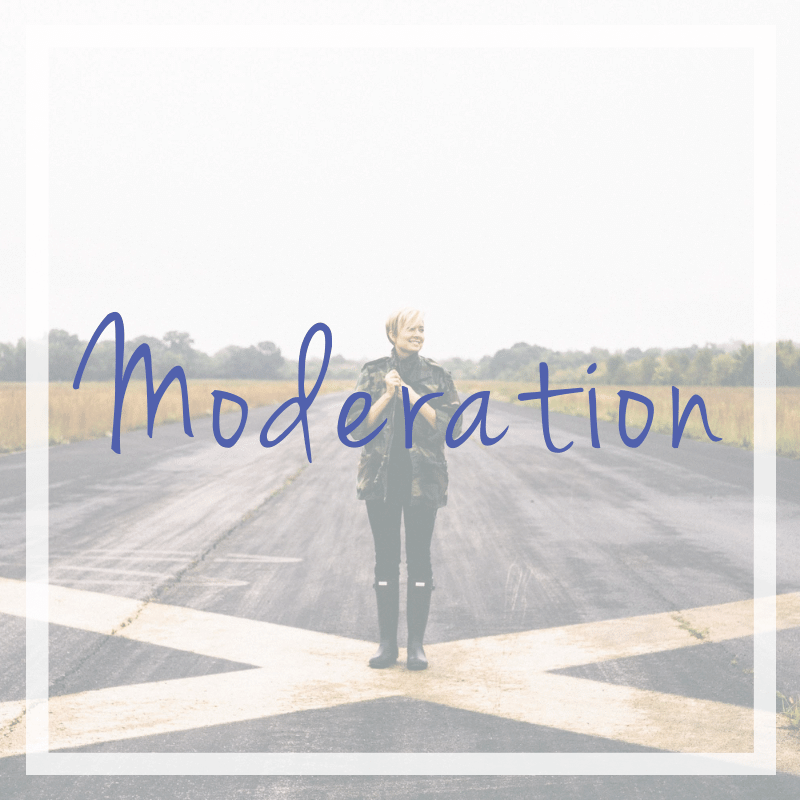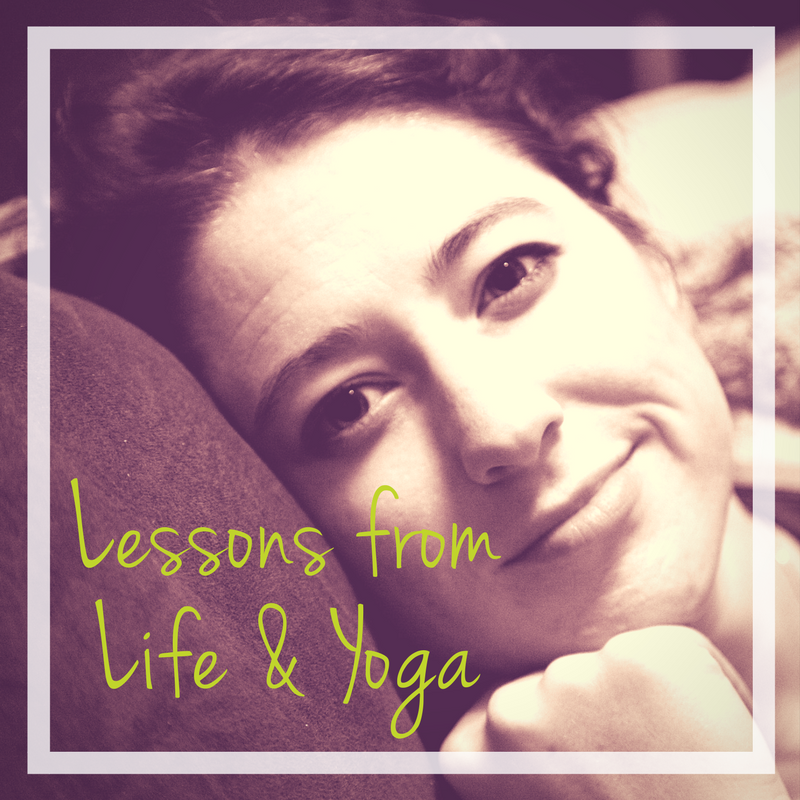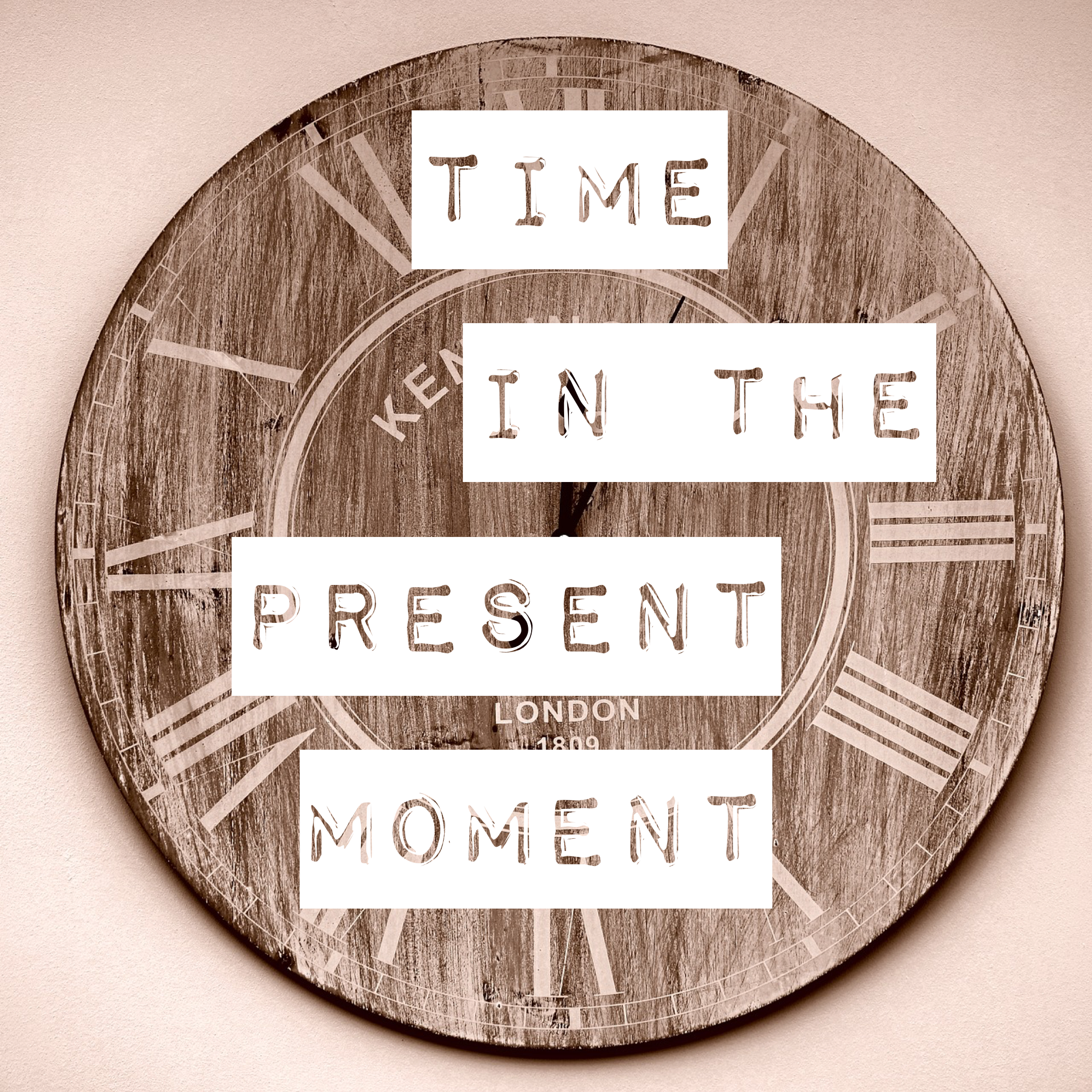When we talk about habits, we also need to talk about willpower.
The point of creating healthy habits is to construct a consistent routine in which it no longer takes ample amounts of willpower to live healthily. It becomes so automatic, we don’t even think about it.
To get there, yes, it will take some willpower, but eventually, the willpower required will become less and less.
The Muscle You Didn’t Know You Had
This is why you can’t muscle your way through healthy living. You can’t force yourself to eat more kale. Maybe it will work for awhile, but it’s ultimately unsustainable. There will come a day when you resent everything about kale because you’ve force-fed your body something you don’t want to eat.
Willpower is like a muscle. The more you exercise it, the more tired it gets. That is why the longer you wait in the day to exercise the less likely it is to happen. Not only are you physically and mentally tired, but you’ve probably had to exercise your willpower muscle far more times then you’re aware.
What’s really going on with willpower
Kelly McGonigal has written a fascinating book all about the science of willpower and even teaches a course on it at Stanford. She teaches her students how to make transformational changes in their lives in similar ways that we’re working through in the Healthy Habits series.
Here are some questions she asks throughout the book that you can ask yourself today as part of your Healthy Habits exercise.
- What does the impulsive version of your self most want? What does the wisest version of your self want?
- Do you identify more with your immediate desires or with your long-term goals?
- How does stress affect the choices you make? Is it harder or easier to make decisions?
Why you can’t say no to Ben & Jerry’s
It’s important to distinguish between what you really want and what instant gratification you’re looking for. This is the ultimate question you must ask yourself when you’re staring down the tub of Ben & Jerry’s in the frozen food aisle. Do you want the instant gratification of the cookie dough ice cream now or do you want to lose 10 pounds and feel better overall for the rest of your life? Unfortunately, it’s really hard to ask that question seriously with Ben & Jerry’s staring you in the face.
In her book, Kelly says:
“It is just as human to feel stressed, scared, and out of control as it is to find the strength to be calm and in charge of our choices. Self-control is a matter of understanding these different parts of ourselves, not fundamentally changing who we are. In the quest for self-control, the usual weapons we wield against ourselves–guilt, stress, and shame–don’t work. People who have the greatest self-control aren’t waging self-war. They have learned to accept and integrate those competing selves…Self-awareness is the one “self” you can always count on to help you do what is difficult and what matters most.”
Just as willpower is part of the habit conversation, it’s equally part of the self-control conversation. We can only control ourselves so much before we get tired and cave in. It’s important that we have compassion for ourselves and understand that there is nothing we can do to stop this human reaction. In fact, the more we fight caving in, the more likely we are to cave AND the more likely we are to fail.
So, how much do you rely on willpower and self-control to live a healthy life? Are you forcing yourself to live healthy for external reasons or can you connect with a much deeper, personal reason for living well?
What do you really want?
Share it with me on the Facebook page!
